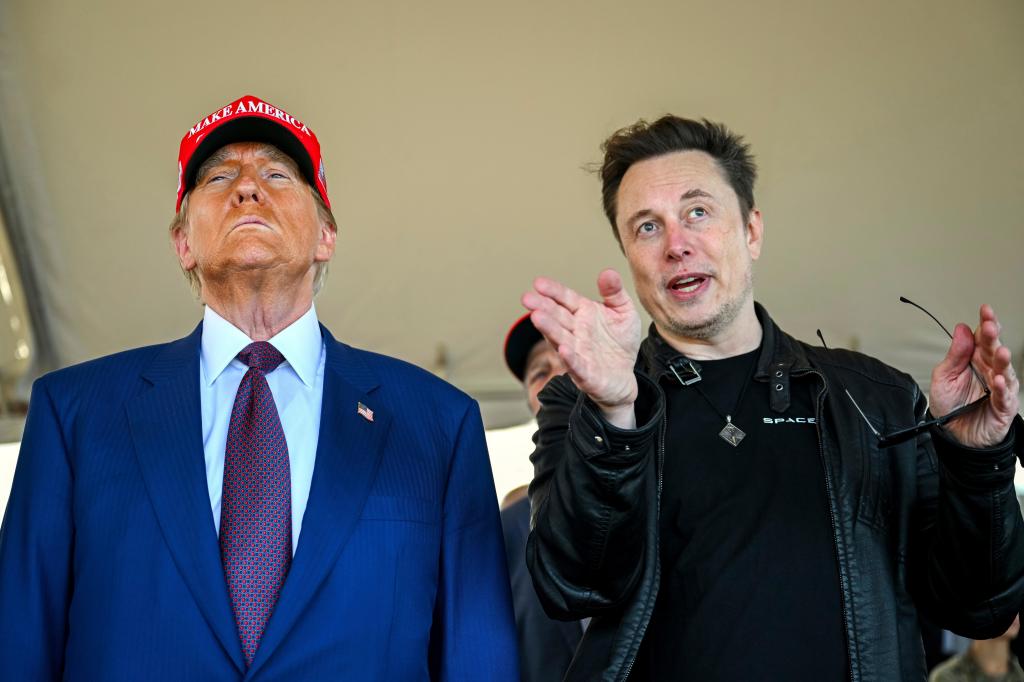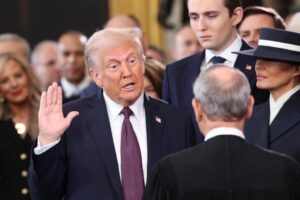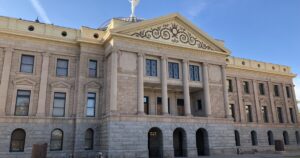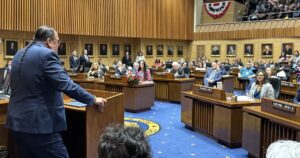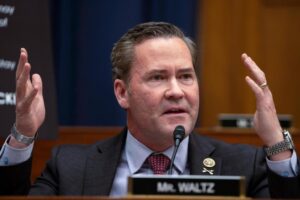
Elon Musk’s Influence Emerges as Congress Faces Government Shutdown
By MELISSA GOLDIN
In a dramatic turn of events, Elon Musk, the influential owner of X, wielded his substantial online presence to influence congressional decisions this week. His intervention played a pivotal role in derailing a bipartisan proposal aimed at averting a government shutdown, as he flooded the platform with over 100 posts containing numerous misleading claims.
Musk, who holds no elected office, demonstrated his influence on legislative matters, raising questions about his potential future role in government. His actions have prompted concerns about the accuracy of information being disseminated through his platform.
“Trump has got himself a handful with Musk,” remarked John Mark Hansen, a political science professor at the University of Chicago, in an email communication. “Trump’s done this kind of thing before, blowing up a bill at the last minute. This time, though, it looks like he was afraid of Musk upstaging him. Now there’s a new social media bully in town, pushing the champion social media bully around.”
Hansen continued: “We’ll see what Musk’s influence is when he runs up against reality — like when he proposes cutting off ‘wasteful’ spending for other people but not NASA contracts for Space-X.”
The omnibus bill, spanning 1,547 pages, faced Musk’s criticism, which included incorrect assertions about congressional salaries, federal funding allocations, and public health initiatives.
For instance, Musk falsely claimed that the bill included a 40% salary increase for lawmakers. The Congressional Research Service clarified that the maximum allowable raise would only be 3.8%.
Lawmakers’ salaries typically see adjustments unless legislation prohibits them. Currently, most members earn $174,000 annually, with the Speaker of the House receiving $223,500.
A previous appropriations act, referenced in the bill, contained a provision blocking automatic pay raises. The proposed change would have increased salaries by approximately $6,600, bringing them to about $180,000.
Additionally, Musk shared a post falsely suggesting a $3 billion federal allocation for a new stadium for the NFL’s Washington Commanders. He commented, “This should not be funded by your tax dollars!”
The legislative text outlined the transfer of land rights for RFK Stadium from the federal government to the District of Columbia, a necessary step for considering a new stadium. However, it explicitly stated that the federal government would not bear financial responsibilities post-transfer, except for specific environmental obligations.
Addressing these inaccuracies, District of Columbia Mayor Muriel Bowser called the claims “frustrating” at a press conference, emphasizing the absence of federal funds for the stadium transfer.
Musk also incorrectly asserted that the bill allocated funds for “bioweapon labs.” In reality, the funding was designated for biocontainment research labs to study diseases and biological threats.
Despite requests for comments, Musk’s spokesperson did not respond immediately to inquiries from the Associated Press.
Several lawmakers expressed their concern over Musk’s dissemination of false information. Texas Republican Rep. Dan Crenshaw advised Musk on X to verify sources before amplifying misleading content.
The House, in a quick vote on Thursday evening, rejected a new Trump-endorsed bill, which had been condensed to 116 pages, with a vote count of 174-235. The rejection saw Republicans joining Democrats in opposition. On Friday, House Speaker Mike Johnson stated that Republicans had reached a consensus on a subsequent spending proposal, though details were not disclosed.
During his first presidential term, Trump led Republicans into the longest government shutdown in U.S. history in 2018, and in 2020, he disrupted the holiday season by rejecting a bipartisan COVID relief bill.
Originally Published:

